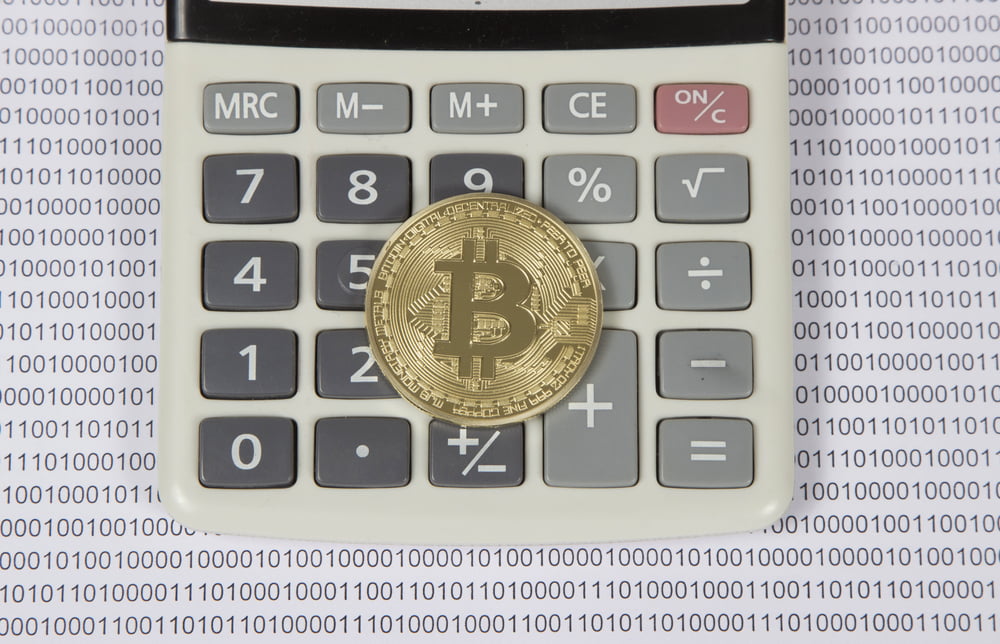Taxation of cryptocurrency has always been a controversial topic. Particularly in the United States, taxation of Bitcoin has been rather problematic at times. A new proposal by US lawmakers seeks a tax exemption for Bitcoin transactions below US$600. This is a pretty intriguing proposal, although it remains to be seen whether or not this idea will be turned into law over the coming months.
A Small Bitcoin Tax Exemption can be a Game Changer
A lot of people across the US struggle with the idea of filing taxes related to their cryptocurrency activity. Although there are a few different tools which can help in this regard, the entire concept still feels rather strange to many people. A decentralized currency should not be taxed in the first place, according to most, yet it is the situation we find ourselves in today.
However, if it were up to two members of the US House of Representatives, that situation would change very soon. While they are not looking to end Bitcoin taxation entirely, their proposal would introduce a tax exemption up to a certain transaction amount. In the current form of this proposal, that exemption applies to Bitcoin transactions of US$600 or less. Considering that many users have performed small transactions throughout the years, exempted amounts could quickly add up to some significant sums for US citizens.
After the IRS decided to label Bitcoin a property for tax purposes, there has been a lot of backlash from the cryptocurrency community. Any profits made while selling or exchanging cryptocurrency – Bitcoin or otherwise – is subject to capital gains taxation. However, the current regulation is rather vague, as it can affect any type of transaction related to Bitcoin or other major cryptocurrencies. Even buying five bucks worth of BTC and spending it on something that costs 20 bucks – while paying the remainder with fiat – would trigger this capital gains requirement. It is not a feasible situation for any party involved.
Representatives David Schweikert and Jared Polis are looking to alleviate some of these concerns with the Cryptocurrency Tax Fairness Act. As the name suggests, the bill reduces the capital gains requirement for smaller cryptocurrency-related transactions. Bitcoin transfers worth US$600 or less will no longer be subject to capital gains taxes. That is assuming the proposal becomes law, which remains highly doubtful at this time. After all, the IRS is making a fair bit of money from the current requirements.
The text also states how “gross income shall not include gain from the sale or exchange of virtual currency.” That is a rather interesting provision, although it will still apply when these cryptocurrencies are exchanged for cash or cash equivalents. In a way, this seems to hint that converting Bitcoin to altcoins in small amounts will not be a big deal in the future. That would certainly open up a lot of new opportunities, but this proposal may need some tweaking first.
The bigger question is whether or not this bill will be approved, though. Some regulators will oppose this concept for as long as possible. Then again, the bill is based on an existing solution which created an exemption for purchases made using foreign currency. If Bitcoin were to achieve the status of foreign currency in the US, things could get very exciting as well. For now, though, it is anybody’s guess as to what we can expect. The proposal certainly is an intriguing one.

